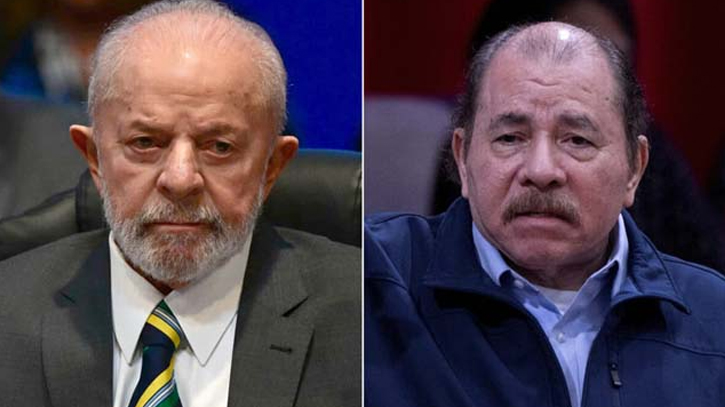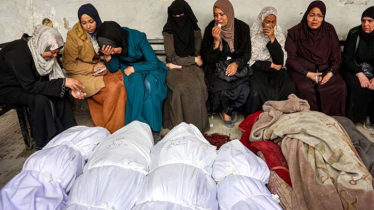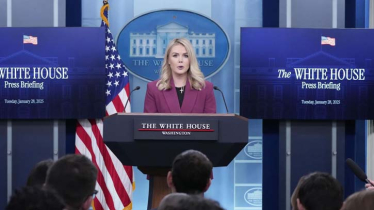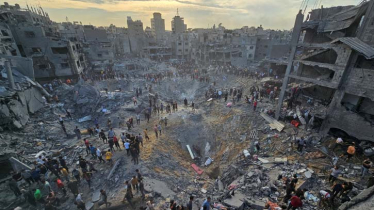
Photo: Collected
Brazil and Nicaragua expelled each others' ambassadors on Thursday (8 August), as souring relations between the two Latin American nations deepened into a fresh diplomatic feud.
A Brazilian diplomatic source said the latest flareup in tensions came
after Brazil's ambassador to Nicaragua skipped an official ceremony in Managua.
The event was the 19 July commemoration of Nicaragua's Sandinista revolution that would eventually lead to President Daniel Ortega coming to power, several exiled Nicaraguan opposition media reported.
Brazil's ambassador was not the only diplomat absent from the ceremony, the source noted.
Nicaragua nonetheless asked the Brazilian ambassador to leave the country, leading Brasilia to reciprocate on Thursday (8 August).
Brazil's ambassador "has left our country, our Nicaragua, and similarly our ambassador is on her way to our homeland," Nicaraguan Vice President Rosario Murillo, who is also Ortega's wife, told state media.
Relations between the two leftist-led countries have cooled since Ortega ignored attempts by Brazilian counterpart Luiz Inacio Lula da Silva to mediate -- at the request of Pope Francis -- talks to help secure the release of a jailed bishop.
In January, Nicaragua released two Roman Catholic bishops, 13 priests and three seminarians, sending them to Rome, according to exiled opposition media.
"This is a tough blow for the Nicaraguan dictatorship because it will become more isolated and alone in Latin America, but above all more isolated and alone within the left-wing Latin American group," the country's former ambassador to the Organization of American States, Arturo McFields, who lives
in exile in the United States, said.
Later on Thursday (8 August), Nicaragua's government said it had released seven priests detained last week and sent them to Rome.
They were part of a group of 13 Nicaraguan priests placed under house arrest in the northern city of Matagalpa.
The government did not release any details about the other six priests.
Ortega came to power in the 1980s following the Sandinista victory.
Although he was voted out of office in 1990, he returned to the presidency in 2007 and has since been accused of establishing an authoritarian regime that does not tolerate opposition.
More than 300 people were killed, according to the United Nations, when anti-government protests spread across Nicaragua in 2018.
Ortega's government portrayed the demonstrations as an attempted coup orchestrated by the United States.
Messenger/Nishat








